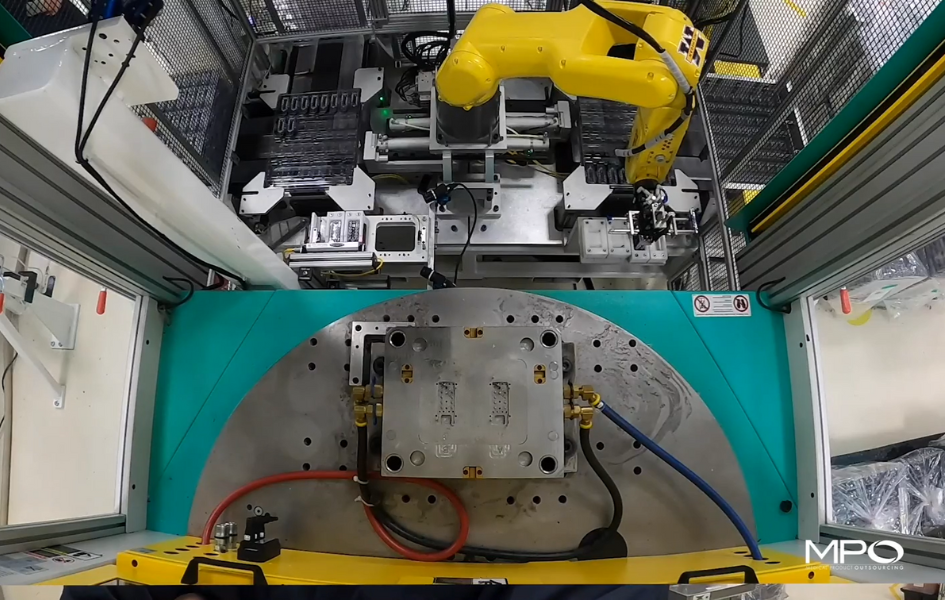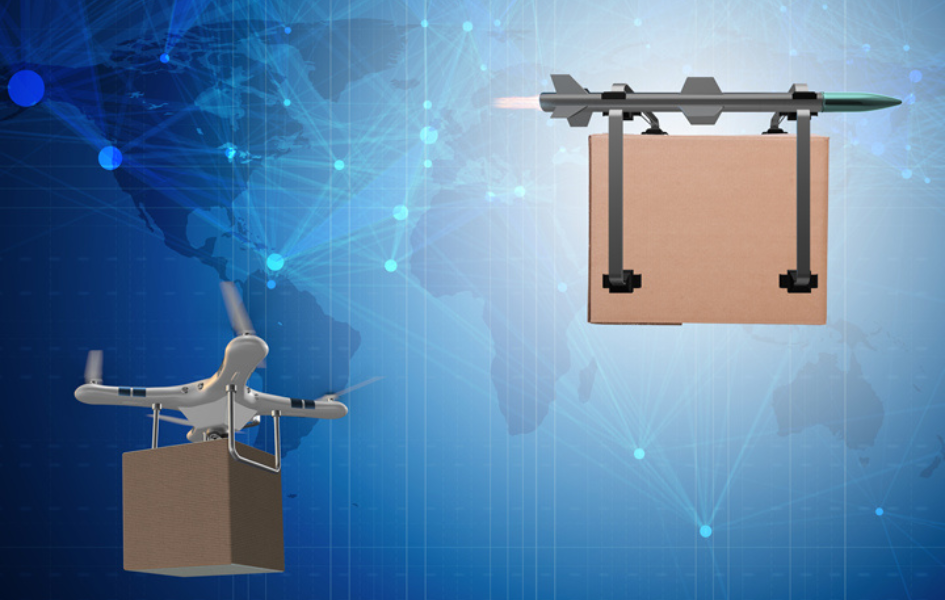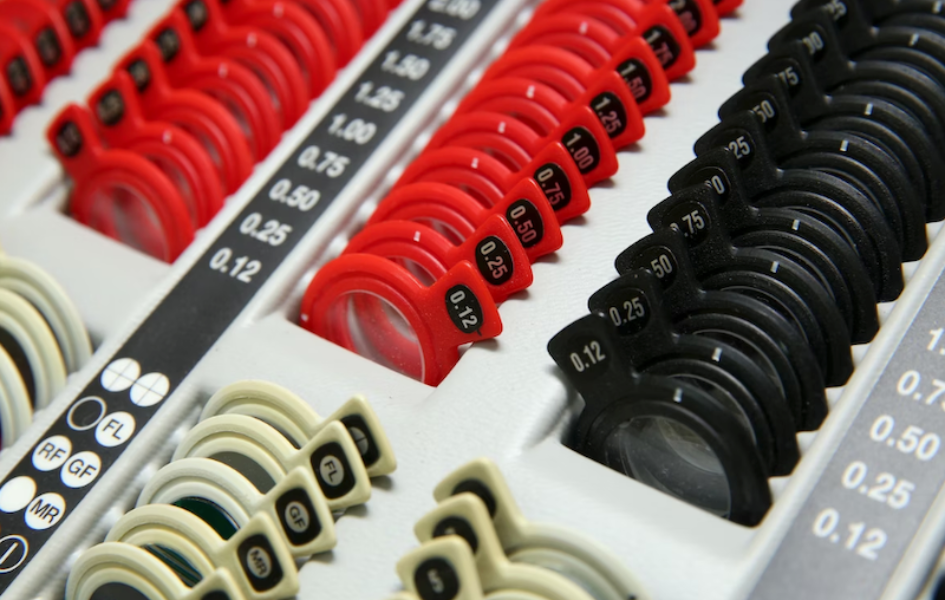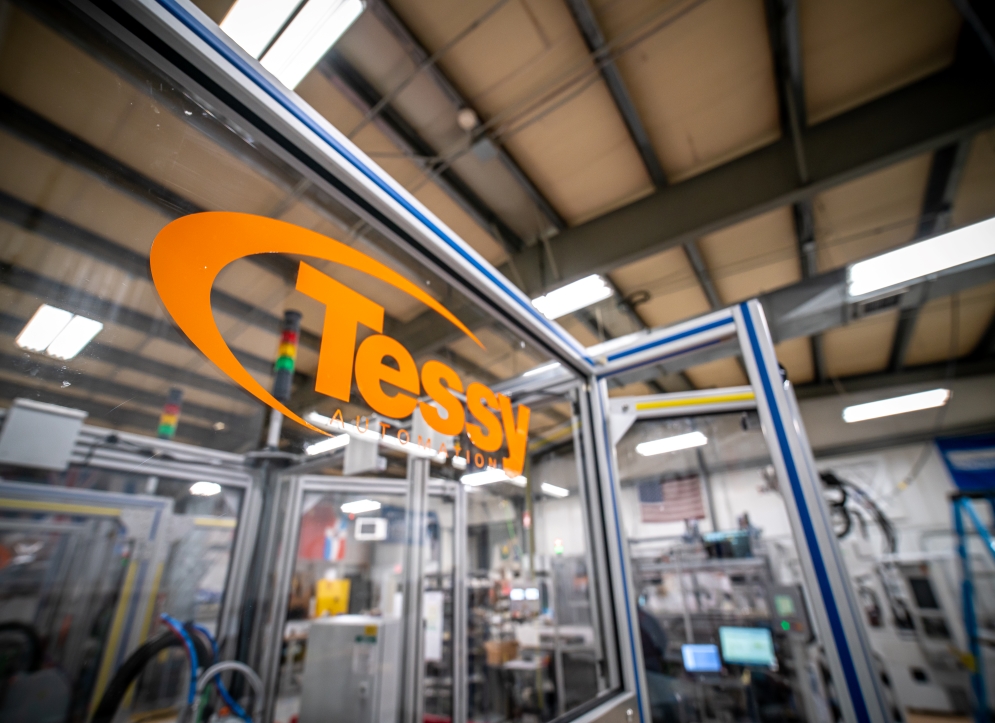Can Industrial Automation Support The Creation Of A Circular Economy?
TESSY INDUSTRIAL AUTOMATION DIGEST
Welcome to July’s Industrial Automation Digest, where we delve into the transformative power of automation and AI in the medical device manufacturing and plastic injection molding industries. We explore the increasing adoption of automation in medical device manufacturing, the potential of AI robots in various sectors, and the innovative solutions for measuring parts on production lines. We also examine how industrial automation can support the creation of a circular economy for medical plastics, and the challenges faced by the medical plastic injection molding industry. Join us as we navigate through these insightful articles, shedding light on the evolving landscape of automation and AI in these critical sectors.

Automation for Medical Device Manufacturing Revisited—MPO Videobites
The article discusses the increasing interest in automation within the medical device manufacturing industry, as companies grapple with labor issues, supply chain struggles, and other challenges. Ethan Bruyn, a manufacturing technology leader at Medbio, shares insights on the benefits of automation, including improvements in quality, production, and waste reduction. However, the industry’s relatively late adoption of automation raises questions about its use, which Bruyn addresses in a Q&A, highlighting the favorable aspects of automation and addressing queries from medical device firms.

Repeatably Measuring Up to 100% of Parts on Medical Device Production Lines – Metrology
Verus Metrology Partners has introduced the Anvil AMS, an innovative solution that brings automated metrology systems to medical device production and assembly lines, enabling the measurement of up to 100% of parts with increased speed, accuracy, and cost-effectiveness compared to traditional manual inspection methods. The Anvil AMS solutions integrate measurement and inspection processes closer to production lines, enhancing productivity and efficiency by reducing the number of steps and operator involvement required for accurate part measurement. The automated metrology solutions also offer benefits such as real-time inspection, elimination of human error, increased throughput, improved repeatability, and data-based decision-making, thereby reducing product failure rates and enhancing overall productivity.

How Can Industrial Automation Support The Creation Of A Circular Economy? – Medical Plastics News
The article discusses how industrial automation can facilitate the creation of a circular economy for medical plastics, which are currently a significant source of waste in healthcare settings. Martin Gadsby, VP of Optimal Industrial Automation, suggests that data-driven chemical recycling strategies can transform this waste into a valuable resource, reducing costs and promoting sustainability. He emphasizes the role of Process Analytical Technology (PAT) in setting up self-regulating processes, which can optimize operating conditions, maximize yield and efficiency, and produce high-quality recycled materials, thus making the recycling process both environmentally friendly and commercially viable.

AI Robots Rolling Out in Industry: Which Sectors Benefit Most? – Robotics Tomorrow
The article explores how the integration of artificial intelligence (AI) with robotics can significantly impact various industries by enhancing flexibility, intelligence, and learning capabilities. AI robotics can adapt to new conditions without human input, enabling a single robot to perform a wide range of tasks without reprogramming, thus overcoming the traditional trade-off between flexibility and productivity in automation. Industries such as warehousing and logistics, healthcare, waste management, construction, restaurants, and security and defense are identified as sectors that stand to gain significantly from the deployment of AI robots, due to their potential to improve efficiency, safety, adaptability, and productivity.

Surmounting Challenges in the Medical Plastic Injection Molding Industry – Robotics and Automation News
Recently, there have been challenges faced by the medical plastic injection molding industry, particularly in supply chain management and capacity utilization. Supply chain disruptions, stringent quality standards, and the need for biocompatible materials that can withstand chemical sterilization are some of the issues that these companies grapple with. To overcome these challenges, the article suggests strategies such as effective inventory management, supplier diversification, upgrading equipment, strategic workforce planning, and embracing innovation and technology, which can enhance capacity utilization and ensure the continuous production of high-quality medical products.

As evidenced by these trends, the most critical factor when considering an automated system is whether it’s equipped to meet your company’s and industry’s specific needs. And with the flexibility to adapt to nearly any product, automation is a clear solution for advancing your business priorities.
If you’re interested in learning more about industrial automation systems, you can find more news and resources here.
